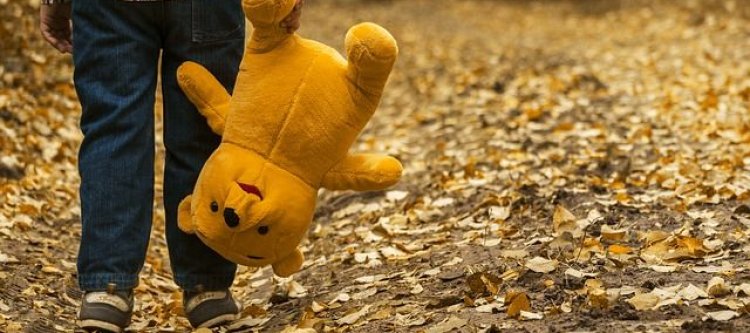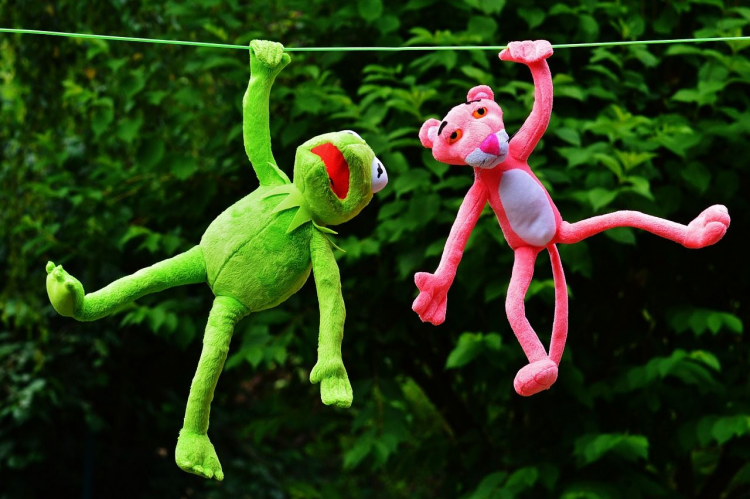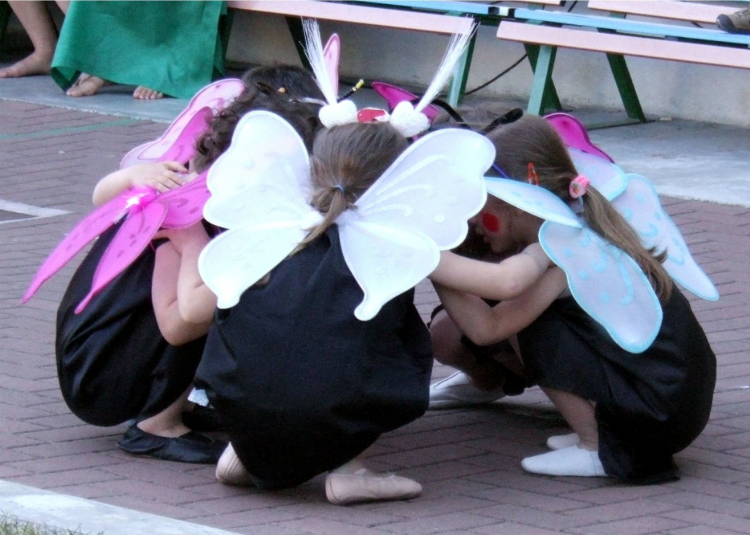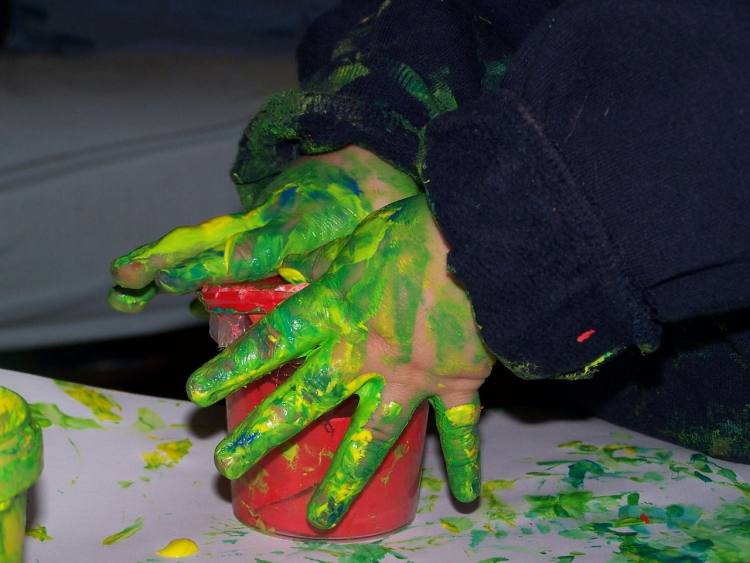Under ideal circumstances, children learn to respond and recover from the stressors of life, learning coping skills aka resilience. Unfortunately kids who have experienced trauma or faced chronic stress undergo neurological and biological changes that cause the stress response to stay hyper activated. It’s a bit like if you were to encounter a wild animal in the bush, your body is immediately flooded with adrenaline and cortisol. These stress hormones help you respond. You must decide whether to climb a tree, freeze and hope the animal loses interest in you or stay and try to scare the wild animal away. After the crisis of the encounter passes, the chemicals involved in the stress response abate, and you now have a story to recount. For those with childhood trauma, that feeling triggered by the wild animal encounter remains. In simplistic terms, the constant feeling that the wild animal is still around, stalking you from the bushes, and might strike again at any time – that feeling of fear, lack of safety or danger never fully dissipates. Of course it’s much more complex than that.
Unfortunately being constantly on high alert has detrimental effects on the body and mind in the long term. There is much evidence demonstrating the correlation between childhood trauma, brain architecture and adult wellness. Both physical and emotional suffering are rooted in the complex workings of the immune system, the body’s master operating control centre – and what happens to the brain during childhood sets the programming for how our immune systems will respond for the rest of our lives. (Nakazawa, 2015). The physical body will always reflect and manifest what is going on emotionally and mentally.
Our brains and bodies are not fixed and unchangeable, our circuitry have the remarkable ability to realign and reset for wellbeing. Art Therapy is helpful in reconnecting implicit (sensory) and explicit (declarative) memories of trauma (Malchiodi, 2012). It can assist in the capacity to self-regulate and modulate the body's reactions to traumatic experiences in the earliest stages and prime for trauma integration and recovery. Art therapy plays a unique and effective role as an intervention for childhood trauma.




